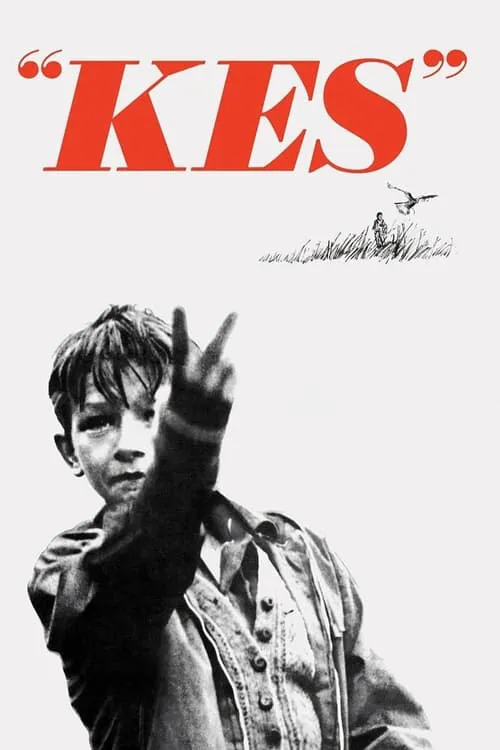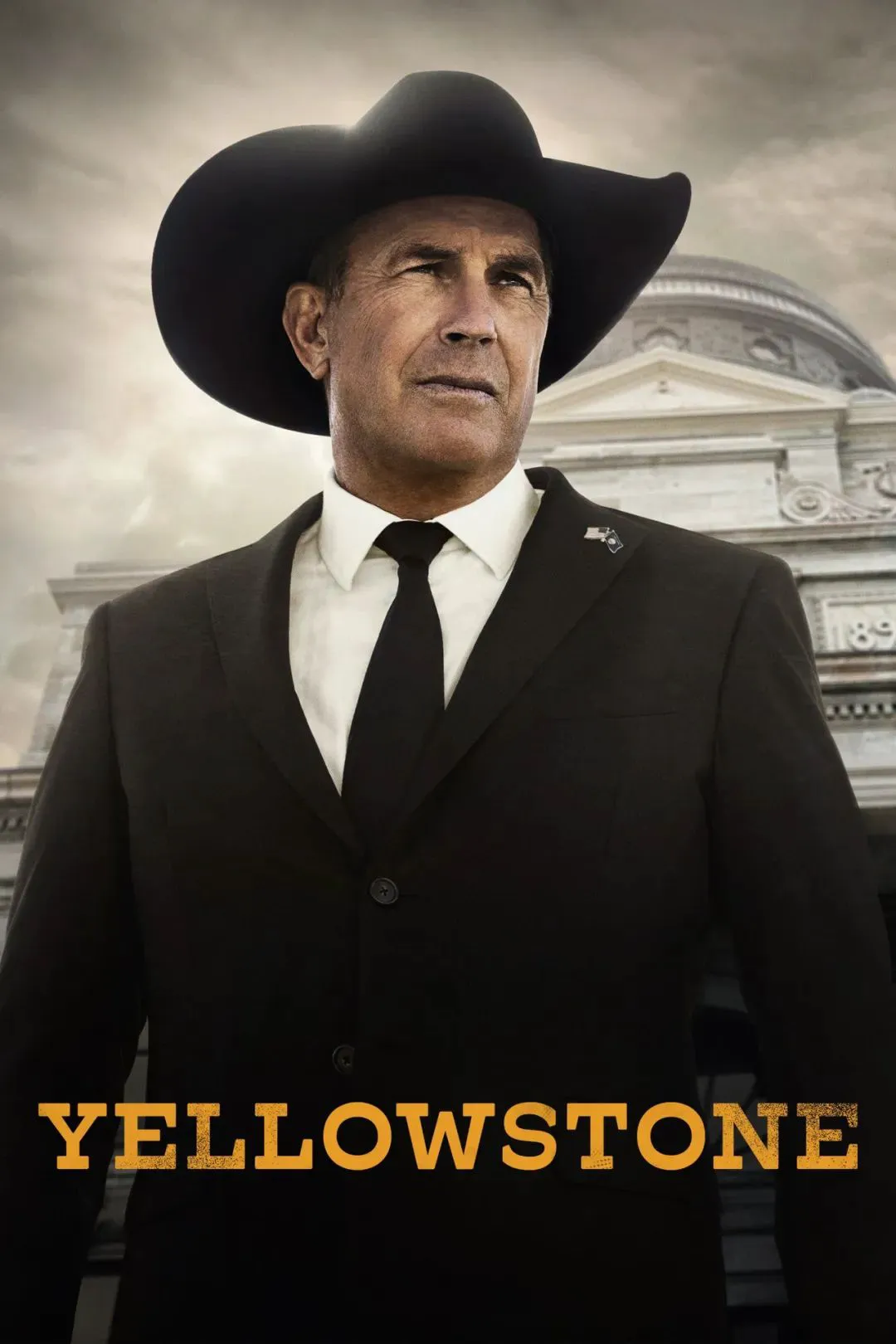Kes

Plot
The movie Kes, directed by Ken Loach in 1969, is a poignant and powerful drama that explores the struggles of a young boy growing up in a harsh and unforgiving environment. Set in the post-war era, the film delves into the complexities of Billy Casper's life, a 15-year-year-old boy who feels lost and alone, navigating the challenges of adolescence amidst the bleakness of his surroundings. The story begins with Billy, a working-class boy from a poor family living in a damp and run-down house on the outskirts of a small town in Yorkshire. His mother, Mrs. Casper, is a hard-working but neglectful woman who is more concerned with her son's father, who has abandoned them, than with her children's well-being. Billy's older brother, Jud, is a cruel and abusive presence in his life, constantly bullying and terrorizing him. The family's living conditions are dire, and Billy is forced to fend for himself, often going hungry and struggling to find comfort in a world that seems determined to crush him. Despite the difficulties at home, Billy finds solace in something unexpected: a wild kestrel falcon he has been observing in a nearby field. The falcon becomes Billy's escape, his reason for living. He begins to study the bird, learning its habits and behavior, and eventually tames it, naming it Kes. The bond between Billy and Kes is powerful, a symbol of hope and freedom in a life that seems devoid of both. As Billy's relationship with Kes deepens, he begins to find a sense of purpose and belonging. He starts to see the world through new eyes, noticing the beauty in the smallest things, from the patterns of the clouds to the songs of the birds. Kes becomes his confidant, his friend, and his solace. Through his interactions with Kes, Billy starts to break free from the oppressive atmosphere of his home and finds a sense of dignity and worth. Meanwhile, Billy's experiences at school are just as bleak. He is constantly bullied and belittled by his peers, and his teachers seem more interested in punishing him than in helping him. However, one teacher, Mr. Farthing, takes a different approach. A kind and compassionate man, Mr. Farthing sees something in Billy that the others do not: a spark of hope and a desire to learn. He encourages Billy, taking a genuine interest in his well-being and offering him guidance and support. As the story progresses, Billy's relationships with Kes and Mr. Farthing grow stronger. He starts to see the world in a different light, realizing that there is more to life than the poverty and hardship he has known. Through his interactions with his English teacher, Billy begins to discover his own potential, and his passion for reading and learning starts to flourish. The film's climax is a poignant and powerful moment, as Billy decides to release Kes back into the wild. This act of selflessness is a turning point for Billy, marking a shift from a life of desperation to one of purpose and determination. As he watches Kes soar into the sky, Billy realizes that he too can break free from his prison, that he too can find his place in the world. Kes is a powerful and moving film, a testament to the resilience of the human spirit in the face of adversity. The movie's exploration of poverty, neglect, and bullying is raw and unflinching, but it is also a celebration of hope and the power of human relationships to transform lives. Through Billy's story, the film shows that even in the darkest of times, there is always a way forward, always a reason to keep going. The film's director, Ken Loach, was a pioneer of social realism, using his movies to highlight the struggles faced by marginalized communities. Kes is one of his most celebrated works, a movie that has become a classic of British cinema. The film's success can be attributed to its thoughtful and nuanced exploration of Billy's experiences, its powerful performances, and its poetic cinematography. In the end, Kes is a movie that will leave you moved and touched, a reminder of the complexities and challenges of growing up in a harsh and unforgiving world. It is a testament to the human spirit's capacity for resilience and hope, a celebration of the transformative power of relationships and learning. The film is a must-see for anyone who has ever felt lost or alone, a reminder that there is always a way forward, always a reason to keep going.
Reviews
Recommendations





